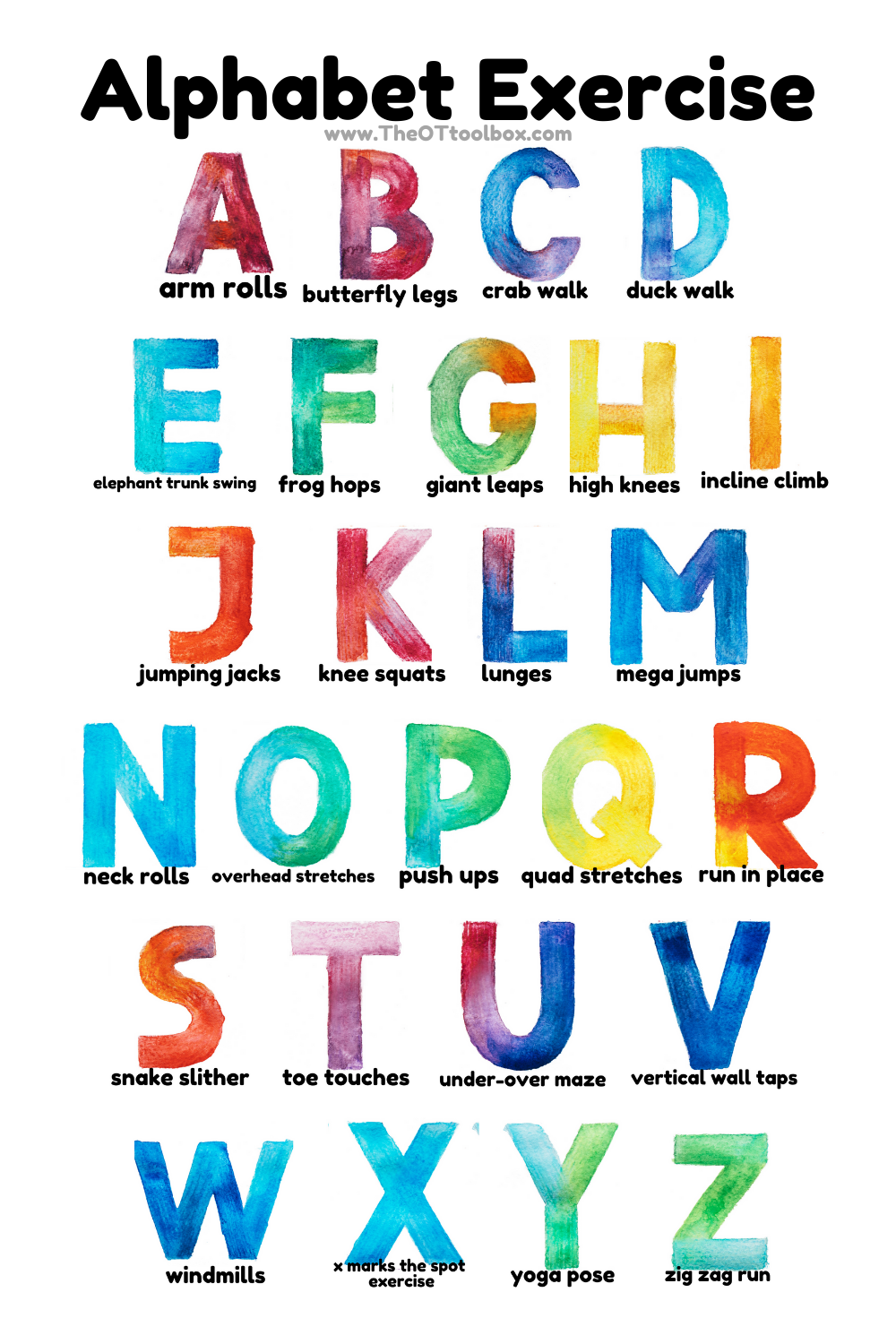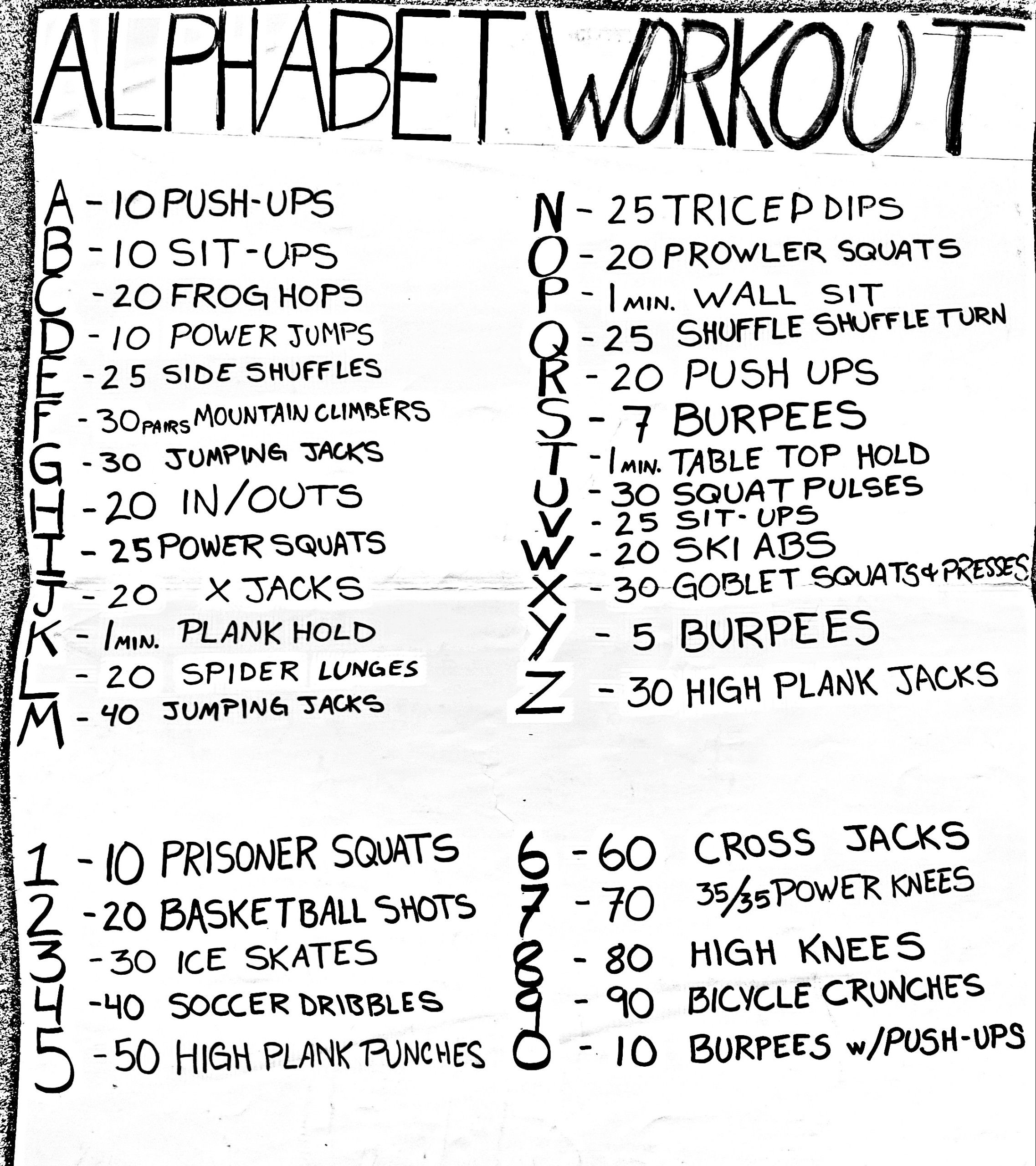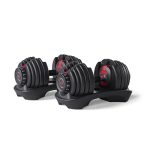**Answer:** Ice skating is a fun exercise that starts with “I”. It improves balance, coordination, and cardiovascular health.
**** Ice skating offers a unique way to stay fit while having fun. This exercise engages various muscle groups, promoting strength and endurance. Perfect for all ages, it combines physical exertion with the joy of gliding on ice. Skating enhances mental well-being by reducing stress and boosting mood.
Whether you’re a beginner or an expert, ice skating provides a full-body workout. It burns calories and improves flexibility. Skating also fosters social interaction and can be enjoyed in groups. With its numerous benefits, ice skating is an excellent choice for anyone looking to stay active and healthy. Discover the thrill and health benefits of ice skating today!

Credit: www.theottoolbox.com
Introduction To I-themed Fitness
Welcome to the world of I-Themed Fitness. This unique approach to exercise focuses on activities that start with the letter ‘I. These exercises can add variety and fun to your workout routine.
Why Focus On ‘i’ Exercises?
Choosing exercises starting with ‘I’ can make your routine more interesting. It helps in discovering new workouts you might not have considered. This method can keep you motivated and excited about fitness.
Benefits Of Targeted Exercise Routines
Targeted exercise routines, like ‘I’ exercises, offer many benefits. They can help improve specific muscle groups and enhance overall fitness. Here are some key benefits:
- Increased motivation: Trying new exercises keeps things fresh.
- Improved muscle strength: Focus on different muscle groups.
- Better coordination: Learn new movements and skills.
Examples Of ‘i’ Exercises
| Exercise | Target Area | Benefits |
|---|---|---|
| Ice Skaters | Legs and Core | Improves balance and agility |
| Inchworms | Full Body | Enhances flexibility and strength |
| Incline Push-Ups | Upper Body | Strengthens chest and arms |

Credit: guardyourhealth.tumblr.com
Identifying Your Goals
Understanding your goals is the first step in any exercise plan. Everyone has different fitness aspirations. Setting clear goals helps you stay focused and motivated. This section will guide you through identifying your personal goals.
Setting Realistic Expectations
It’s important to set realistic expectations for your exercise routine. Aim for achievable milestones. Start with small, attainable goals to build confidence. Avoid setting goals that are too ambitious. This can lead to frustration and burnout.
- Identify your current fitness level
- Set short-term and long-term goals
- Track your progress regularly
Use a journal or app to monitor your progress. Adjust your goals as needed. Celebrate small victories along the way.
Tailoring Exercises To Meet Individual Needs
Tailor your exercises to fit your unique needs. Everyone’s body and fitness level are different. Choose exercises that match your personal abilities. Consider factors like age, health conditions, and fitness history.
Here’s a table to help you identify suitable exercises:
| Fitness Level | Recommended Exercises |
|---|---|
| Beginner | Walking, light yoga, basic strength training |
| Intermediate | Jogging, Pilates, moderate strength training |
| Advanced | Running, HIIT, advanced strength training |
Consult a fitness expert if unsure. They can provide personalized advice. Always listen to your body to prevent injuries.
Innovative I-exercises To Try
Staying fit can be fun with new exercises. Here are some innovative exercises starting with “I”. These workouts are simple yet effective. They can help boost your fitness routine.
Incline Push-ups
Incline Push-Ups are a great way to build upper body strength. They are easier than regular push-ups.
- Find a sturdy bench or table.
- Place your hands on the edge.
- Keep your body straight.
- Lower your chest to the bench.
- Push back up to the start position.
Repeat this exercise 10-15 times for one set. Do 3 sets for a great workout.
Interval Training Basics
Interval Training is a great way to burn calories. It involves short bursts of intense exercise followed by rest.
| Exercise | Duration | Rest |
|---|---|---|
| Jumping Jacks | 30 seconds | 15 seconds |
| High Knees | 30 seconds | 15 seconds |
| Burpees | 30 seconds | 15 seconds |
Repeat the cycle 3-5 times for a full workout. This will get your heart pumping and burn fat fast.
Incorporating Intensity
Incorporating intensity into your exercise routine can boost results. Intensity helps you burn more calories and build muscle faster.
Understanding Intensity Levels
Intensity levels vary from light to high. Knowing your level helps tailor your workouts.
- Light Intensity: Easy and manageable. Examples: walking, stretching.
- Moderate Intensity: Requires more effort. Examples: brisk walking, light jogging.
- High Intensity: Very challenging. Examples: sprinting, heavy lifting.
Adjusting Workouts For Maximum Impact
Adjusting your workouts can make them more effective. Small changes can lead to big results.
| Exercise | Adjustment | Benefit |
|---|---|---|
| Walking | Increase pace | Burn more calories |
| Jogging | Add intervals | Boost endurance |
| Strength Training | Increase weights | Build muscle faster |
Consider your current fitness level. Make adjustments gradually to avoid injury.
Integration Into Daily Life
Integrating exercise into daily life is easier than you think. It doesn’t need to be complicated. Let’s explore simple ways to include exercise that starts with “I”.
Creating A Routine
Creating a routine is key to staying active. Consistency makes exercise a habit.
- Identify a time that works best for you.
- Incorporate exercises like interval training.
- Include friends and family for motivation.
Use a planner to track your progress. Small steps lead to big changes.
Overcoming Common Barriers
Barriers can stop you from exercising. Let’s tackle them.
| Barrier | Solution |
|---|---|
| Lack of Time | Integrate exercise into other activities. |
| Low Motivation | Join a group or class. |
| Fatigue | Start with short sessions. |
Remember, every bit of activity counts. Incorporate movement throughout your day.
Injury Prevention And Safety
Exercise is great, but safety is key. Injury prevention ensures you can keep exercising. Let’s explore how to stay safe while staying fit.
Warm-up Techniques
Warming up prepares your body for exercise. It reduces injury risk. A good warm-up includes light cardio and stretching.
- Start with 5-10 minutes of light jogging or brisk walking.
- Perform dynamic stretches like leg swings and arm circles.
- Focus on areas you will use the most during exercise.
Proper warm-up increases blood flow to muscles. It makes them more flexible. This helps to prevent strains and sprains.
Recognizing And Avoiding Overexertion
Overexertion happens when you push too hard. It can lead to injuries and fatigue.
- Listen to your body. Stop if you feel pain.
- Stay hydrated. Drink water before, during, and after exercise.
- Take breaks. Rest between sets and sessions.
Signs of overexertion include dizziness, shortness of breath, and muscle cramps. Avoiding these signs keeps you safe and healthy.
Inspiring Stories Of Transformation
Exercise can change lives. Real-life stories of fitness transformations inspire many. This section shares some incredible journeys of personal growth and health improvements.
From Novice To Fitness Enthusiast
John started as a complete beginner. He had never exercised regularly before. His first step was simple: walking 10 minutes daily. Gradually, he increased his walk to 30 minutes. After a few months, he joined a local gym.
At the gym, John focused on basic exercises. He learned about proper form and technique. His confidence grew as he saw progress. John lost 20 pounds in the first six months. He felt stronger and more energetic.
Now, John is a fitness enthusiast. He runs marathons and participates in triathlons. His transformation is incredible and inspiring.
Lifestyle Changes And Lasting Benefits
Jane’s journey began with small lifestyle changes. She started by swapping sugary drinks for water. She also incorporated more vegetables and fruits into her diet. These small changes made a big difference.
Jane added a simple exercise routine. She did 20 minutes of yoga every morning. This helped her feel more relaxed and focused throughout the day.
Within a year, Jane noticed significant improvements. She lost 15 pounds and felt more energetic. Her skin looked healthier, and she slept better at night.
Jane’s lifestyle changes had lasting benefits. She maintained her healthy habits and continued to feel great.
| Person | Initial Step | Progress | Outcome |
|---|---|---|---|
| John | Walking 10 minutes daily | Joined a gym, increased activity | Lost 20 pounds, participates in marathons |
| Jane | Swapping sugary drinks for water | Added yoga, improved diet | Lost 15 pounds, better sleep and energy |
Interactive Communities And Support
Engaging in regular exercise can be challenging. However, interactive communities and support networks can make a significant difference. These communities provide motivation, encouragement, and a sense of belonging. They can be found both online and offline, offering a variety of ways to stay active and healthy. Here, we explore how these communities can help you stay motivated and achieve your fitness goals.
Finding Motivation Online
Online platforms are a great way to find motivation for exercise. Social media, fitness apps, and forums offer a wealth of resources. Many platforms have interactive features that let you connect with others. You can share your progress, join groups, and get advice.
Here are some ways to use online communities to stay motivated:
- Join fitness groups on social media.
- Use fitness apps that have community features.
- Participate in online fitness challenges.
- Follow fitness influencers for tips and inspiration.
- Engage in forum discussions on fitness topics.
Group Fitness Challenges
Group fitness challenges are a fun way to stay active. These challenges can be found in gyms, community centers, or online. They often have a set goal and a timeframe. This structure helps you stay on track and push yourself.
Benefits of group fitness challenges include:
| Benefit | Description |
|---|---|
| Accountability | Others count on you, keeping you committed. |
| Motivation | Seeing others’ progress can inspire you. |
| Community | You build relationships with like-minded people. |
Here are some popular group fitness challenges:
- 30-Day Workout Challenge
- Step Count Challenge
- Weight Loss Challenge
- Yoga Challenge
- Running Challenge
By joining group fitness challenges, you can stay engaged and committed to your fitness journey. These challenges provide the support and encouragement needed to achieve your goals.
In Conclusion: The Path Ahead
Embarking on an exercise journey that starts with “I” can be rewarding. Activities like interval training, ice skating, and indoor cycling offer variety. Maintaining momentum and evolving your fitness journey are key steps forward.
Maintaining Momentum
Keeping your energy high is essential for success. Here are simple tips:
- Set short-term goals: Achieve small milestones to stay motivated.
- Track progress: Use a journal or app to monitor your achievements.
- Stay consistent: Exercise at the same time each day.
- Join a community: Find a group or class to stay engaged.
Evolving Your Fitness Journey
Your fitness journey should never be static. Keep it exciting with these ideas:
- Try new activities: Explore other “I” exercises like inline skating or isometric exercises.
- Increase intensity: Gradually make your workouts more challenging.
- Mix it up: Combine different exercises to work various muscle groups.
- Listen to your body: Rest when needed to avoid burnout.
Here is a comparison table for some popular “I” exercises:
| Exercise | Calories Burned (per hour) | Muscle Groups Worked |
|---|---|---|
| Interval Training | 600-800 | Full Body |
| Ice Skating | 500-700 | Legs, Core |
| Indoor Cycling | 400-600 | Legs, Cardio |
Stay focused, try new things, and keep your routine interesting. This will ensure long-term success and enjoyment in your fitness journey.

Credit: www.pinterest.com
Frequently Asked Questions
What Exercises Do I Do First?
Start with compound exercises like squats, deadlifts, and bench presses. These target multiple muscle groups efficiently.
What Are Some Exercise I Can Do?
Try walking, jogging, cycling, swimming, or yoga. Strength training with weights or resistance bands is also effective.
What Gym Exercises Start With W?
Wall sits, walking lunges, wide-grip pull-ups, and weighted squats are gym exercises starting with W. These exercises target various muscle groups and improve strength and endurance.
How To Do An Isometric Plank?
To perform an isometric plank, start in a forearm plank position. Keep your body straight, core tight, and hold.
Conclusion
Integrating exercises that start with “I” can boost your fitness routine. Activities like interval training and indoor cycling offer great benefits. Keep exploring new workouts to stay motivated and achieve your fitness goals. Remember, consistent effort and variety are key to a healthy and active lifestyle.





